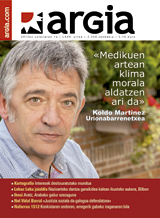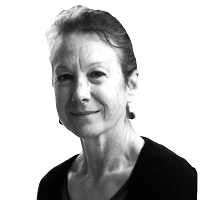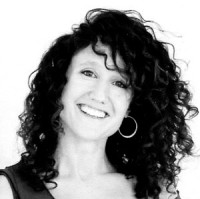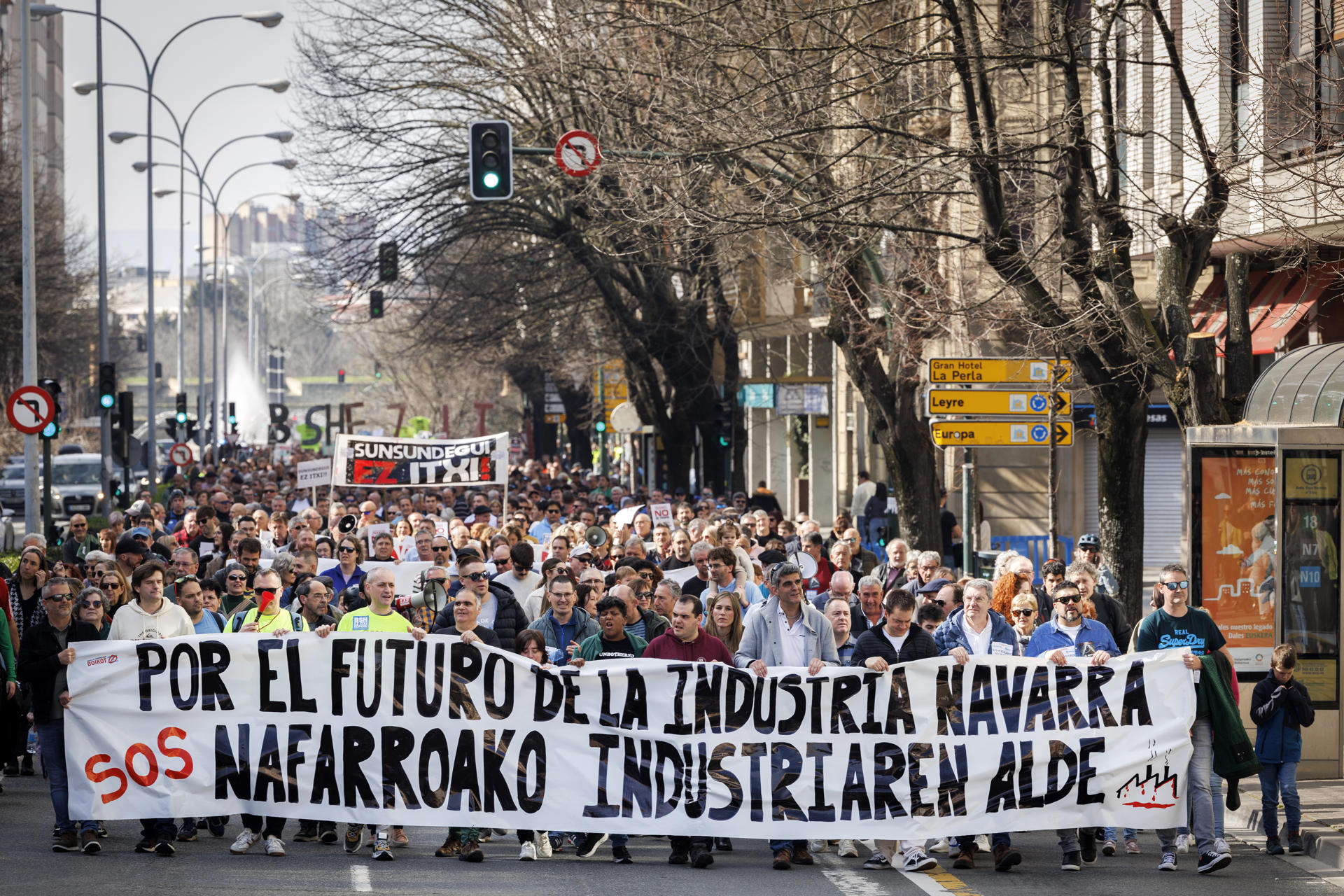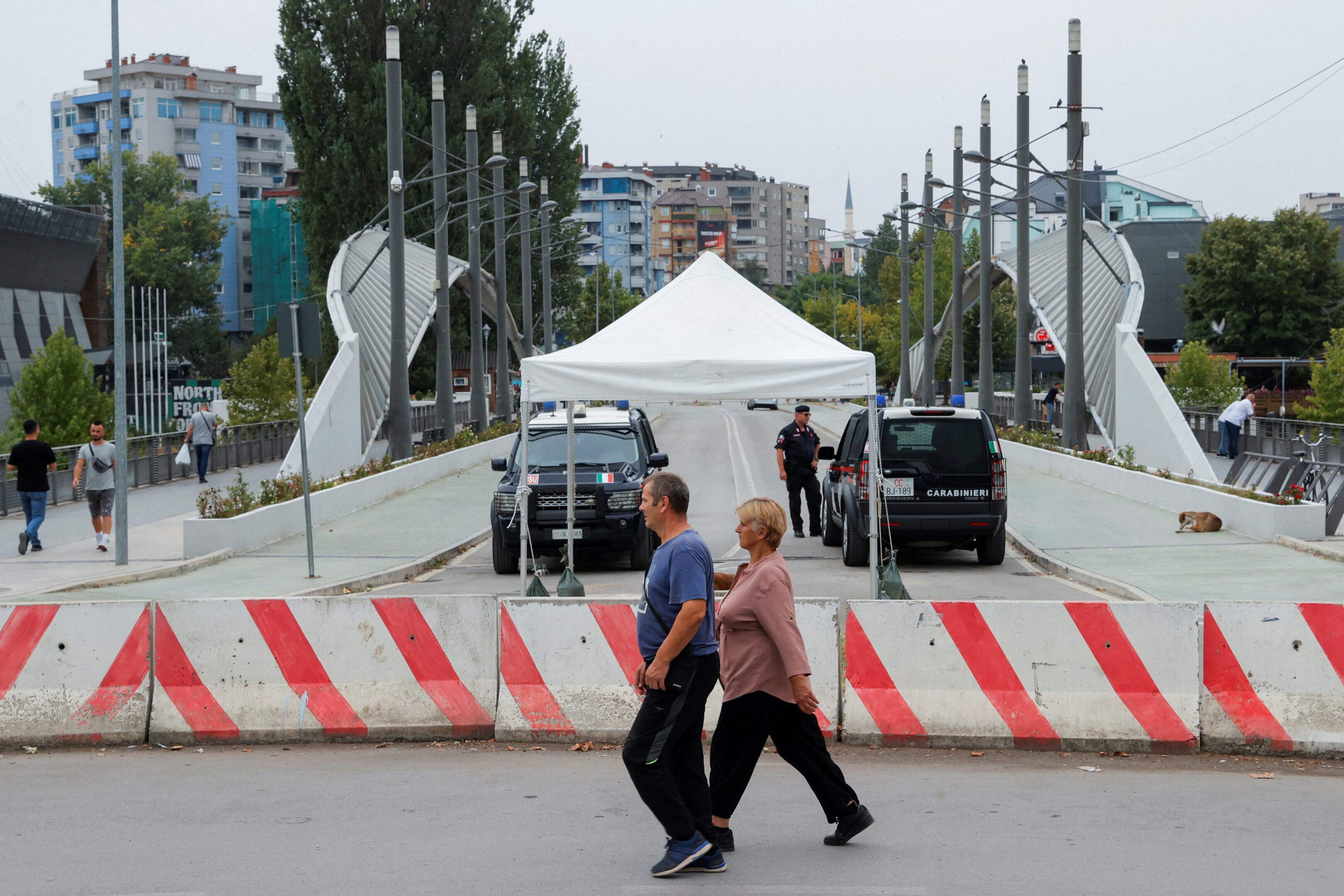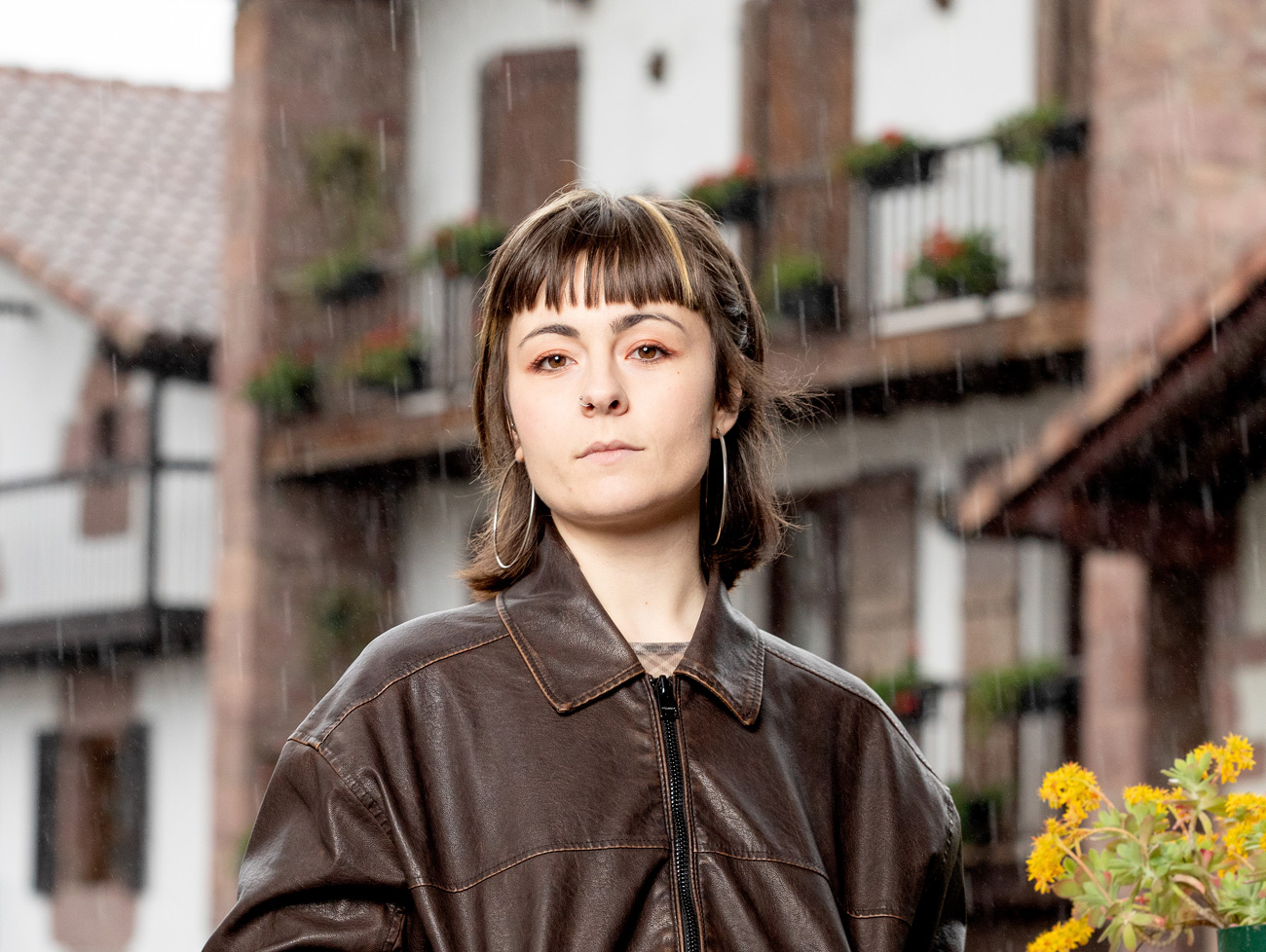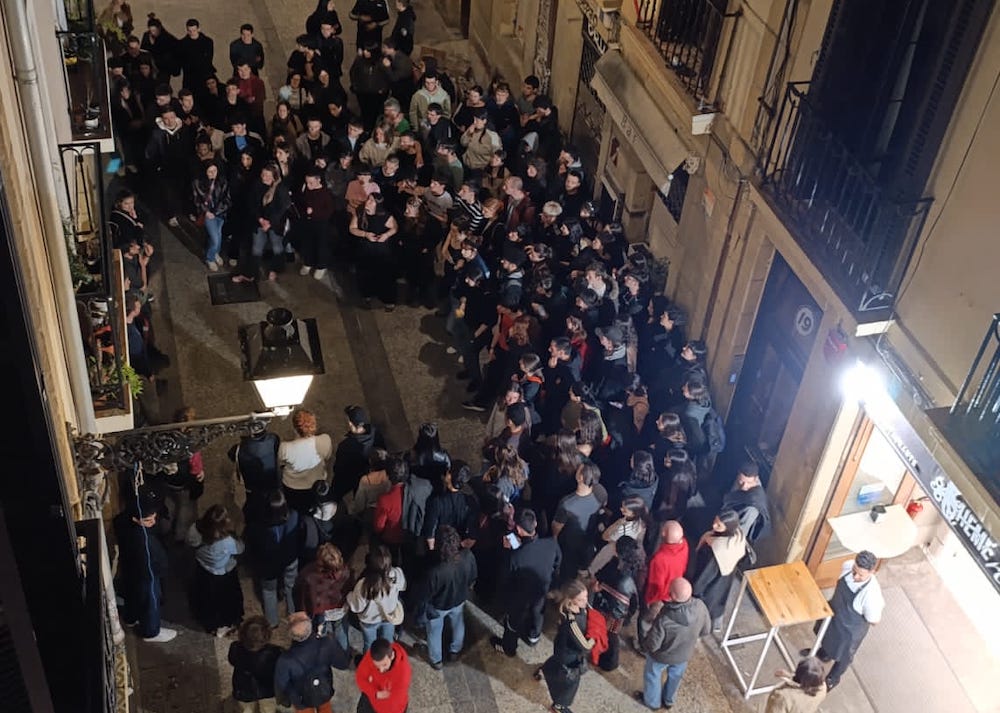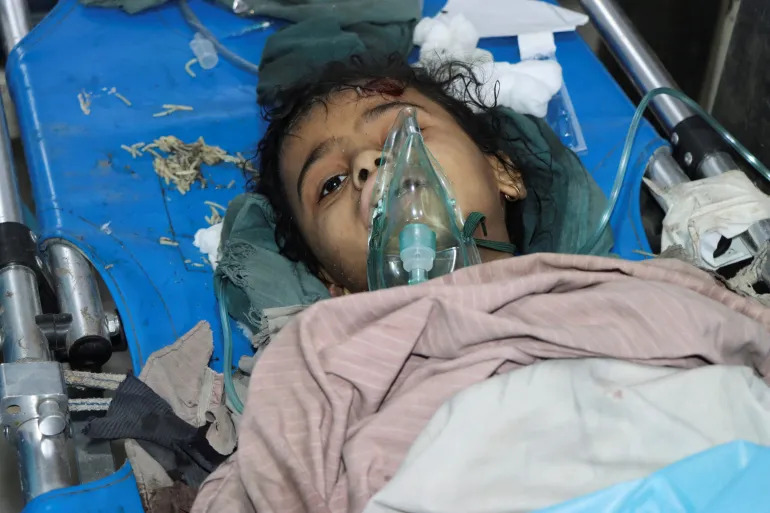Community radios are used to deal with the media monopoly
- In South and Central America there are hundreds of radios without legal permission. It's community radios, it's the "voices of resistance." In the Mayan, Garifuna or Spanish languages, they are speakers of the identity of peoples and of social change. Some receive the collaboration of Popular Communicator for Autonomy (COMPPA). Tim Russo is a member of the association.

Although of Colorado origin, Russo has been living in Mesoamerica, Mexico and Honduras for more than ten years. Founder of the COMPPA group, he is raising community radios and organizing popular communication courses. It has a concrete objective: that what is learned should be used in the long term by the locals, without external help.
When and how did it begin in the intentions of alternative communication?
Indymedia. This project took place in the US city of Seattle during the mobilizations and days held in December 1999 against the World Trade Organization summit. They were the first steps in the alterglobalist dynamic against liberal globalization, and we decided to create the Indymedia network among 160 associations in the world. It was an innovative tool for the dissemination of free information and we gave it great potential, because we thought that with the Internet they could make huge. Indymedia is an important meeting point, but over time borders also appeared. On the one hand, it didn't really work as a means of communication nearby, and we only used it by the people who had organized us. On the other hand, in many villages it is still a gift to have Internet connection at home. For example, in Mesoamerica it has only 2% of the population.
Is that why COMPPA emerges to work with other instruments in the field of communication?
In 2001, in Chiapas, the days against the Plan Puebla Panama passed. It was clear that local communities had to build their own resources to cope with major infrastructure projects and overcome the siege of information. Then some structures such as COMPPA were launched. Since then, we have been working in two areas, building communication tools and organizing technical and logistic schools, following the principles of popular education. Our main task is radio, although we also work in the video industry, magazines, the Internet and afixas. We are not engaged in the adaptation of classic non-governmental organizations, our group disappears with the emergence of local initiatives. In recent years, a large number of projects are being carried out downwards in Mesoamerica due to funding. They have developed a disease similar to taileritis: to balance the waste of money at the end of the year, they go to the communities to take any course, all in the short term, without focusing on the needs of the locals and giving little space to collaboration.
What have the radios you have brought to the communities?
In Mexico, Guatemala and Honduras, media monopolies are in the hands of major political positions, businessmen and landowners who are continually criminalising resistance movements. In view of this situation, Community radios are proving very useful. Many people have become actors and producers of information because of them. It can be compared with drinking water: after years of drinking contaminated information, you notice an improvement in living conditions immediately after opening the other. They are not only the transmission of information against certain infrastructures or policies, but they reinforce cultures and languages, they open spaces for dialogue, they accommodate wives, they give voice to those in the diaspora. They come to free websites and to use them you don't have to know how to read or write. They are a succession of oral heritage. Most radios are interconnected and exchange information.
How does the construction of a radio more concretely happen?
First of all, there are the popular communication schools. We work on the right to information, gender and information or the rights of peoples before we look at the technical aspects. Then, the building is built by the community and with the end of the school the radio is premiered. The diagnosis of antennas, the enrichment of broadcasts over the Internet, the assembly of radio booths are governed by the communities themselves. Faced with problems, we meet regularly with them to perform diagnoses and repairs. Antennas, booths and electrical equipment have come, in most cases, from the United States. Along with the radios, for greater protection, observatories of people’s rights are erected for international inspectors, as military and sicarians sometimes attack the radios. There are currently ten such broadcasters in Honduras and five in Guatemala. They follow the model of the Zapatistas (there are twelve such radios in Chiapas): the trainers teach the training they have received to the new students to make the radios fully autonomous and function in the long term.
You often pass through Mesoamerica. Do you think that the Obama presidency has changed the situation in those countries?
To define the foreign policy of the EE.UU. before the term imperialism was used. At this level, however, things have not changed much. The operations against Fidel Castro, Daniel Ortega or Manuel Zelaia continue to be conducted by the US extreme right, and the Democratic Party is always on the margins of those decisions, whether or not they are in the government. In friendly peoples, violence and insecurity are the main problems of the current situation. The United States conducts military advice to Mexico and Honduras in the name of the war against drug trafficking. The army has taken to the streets but the violence has not calmed down, the truth is that it has increased. They buy drugs and they sell weapons, they agree. In Mexico, lehendakari Calderón says aloud that he is not a U.S. server, but nobody believes it, North American transnational corporations own the land. And in Guatemala, a former military wins the election by basing the entire program on a tough hand against crime. This shows that social movements do not have strength in political expression, there is a very large debate on electoral routes in order to know whether or not they should be used. In Honduras, two currents stand out in the resistance, which through the elections want to regain the power and movements that want to work out of that general assembly mbito.En, if we look at the statistics, it is true that Mesoamerica has become the most dangerous region in the world, ahead of
Iraq and Afghanistan. Impunity, corruption and the lack of sharing of wealth are undoubtedly the main causes of this situation.
Finally, the protests in the United States, like the Occupy Wall Street, what do you suggest?
They are essential expressions. People are starting to get out of apathy and cynicism, to make their own analyses and criticisms, to lead capitalism to question the direction. In a territory in which much of the world is sinking, it is necessary to go through such protests. They claim that the state has to help the population, rather than companies and banks. Analysts, politicians and the commercial press were expecting the movement to turn off, but that has not happened. The Occupy dynamic has spread to many other places in the United States, inspired by the past movements in Greece, Egypt, Chile or Spain. The 1% of the population simply says that to make a profit, 99% suffices to suffer, demanding democracy.
“Hondakinik ez platerean!”. Hori zen kontsigna gure txikitako otorduetan. Janariak zeozer sakratu bazukeen, batez ere ogiak; lurrera erori eta, jasotakoan, musua eman behar zitzaion. Harik eta adin zozoan mamia baztertzeko moda etorri zen arte, lodiarazten zuelakoan... [+]
Zenbait estatistikak berretsi dute begiak hondar urteotan ikusten ari zirena: gimnasioak (eta estetika-zentroak eta nolako-edo-halako-terapia eskaintzen duten negozioak) nabarmen ugaldu dira gurean. EITBk plazaratutako datu bat emateko: EAEn 2010-2019 urteen bitartean, zazpi... [+]
Topatu eta topa! Tipi-tapa, elkarrekin ekin eta, bidea, eginean egin aurrera. Mahaiak, aulkiak, koadernoak eta boligrafoak, platerak, konfidentziak, tragoak eta ahotsak, eskuak, ideiak eta barreak, borrokarako besarkada gozoak. Txistulariak bileran, erraldoiak lasterka eta... [+]
Hezkuntzari buruzko legediak, Ekonomia Lankidetza eta Garapenerako Erakundearen eta planetako jaun eta jabeen aginduei jarraituz, ikasleek ikasketa etapa bakoitzaren amaieran “irteera-profil” jakin bat izatea bilatzen du. Ez pentsa profila zerbait itxia eta bukatua... [+]
Martxoaren 14an Donald Trumpek agindu exekutibo bat sinatu zuen, hainbat berri agentziak jasotzen duten diru kopurua asko murrizteko. Kaltetuetako bat United States Agency for Global Media (USAGM) izan zen eta, ondorioz, Voice of America (VOA), Radio Free Europe/Radio Liberty... [+]
Inbertitzailerik agertu ezean, Iruñeko Merkataritza arloko lehen epaitegiari egin dio proposamena Molins eta Andres abokatu bulegoak, Altsasuko enpresaren hartzekodunen konkurtsoko administratzaileak. Dumarey Belgikako taldeak fabrika erosteko saiakerak egin... [+]
Kosovoko gerratik 25 urte pasatu diren arren, tentsioa nabaria da iparraldean bizi diren bi komunitate nagusien artean: albaniarrak eta serbiarrak. Azken bi urteetan gertatutakoek zauria gehiago irekitzea lortu dute eta egoera gaiztotu da, bereziki Kosovska Mitrovica hirian... [+]
Fusilamenduak, elektrodoak eta poltsa, hobi komunak, kolpismoa, jazarpena, drogak, Galindo, umiliazioak, gerra zikina, Intxaurrondo, narkotrafikoa, estoldak, hizkuntza inposaketa, Altsasu, inpunitatea… Guardia Zibilaren lorratza iluna da Euskal Herrian, baita Espainiako... [+]
Hunkituta eta ilusioz egin dut Iruñetik Oronozerako bidea. Maite dut Olaia entzutea, baita hizketan ere. Herriko farmaziaren ondoan autoa utzi eta balkoitik agurtu naute hark eta bere zakur Arak. Grabagailua martxan jarri aurretik, bueltaxka egin dugu frontoira eta Arak... [+]
“Ez dugu gerraren aurrean etsi nahi, ez dugulako hilerrietako bakea nahi”, dio manifestuak, eta agintariei irtenbide politiko baten alde lanean jartzeko eskatu diete. Sinatzaileen artean daude Delàs institutua, Gernika Gogoratuz edo Ongi Etorri Errefuxiatuak... [+]
Kritika artean abiatu dira Gasteizko Arana klinika zena Nazioarteko Babes Harrera Zentro bilakatzeko obrak. Ez auzokideak, ez errefuxiatuekin lan egiten duten gobernuz kanpoko erakundeak, ez PSEz bestelako alderdi politikoak ez daude ados proiektuarekin: makrozentroen ordez,... [+]
Joan den asteko kaleratze "ilegala" salatzeko, manifestaziora deitu dute ostiral arratsalderako.
Nortasuna Sarean jardunaldien 10. edizioa egingo dute asteazken honetan Donostiako San Telmon, KomunikaziONA bideguruatzean izenburupean. Egungo komunikazio joerak aztertu eta "alternatiba osasuntsuagoak" topatzen saiatuko dira. Hainbat hizlari gonbidatu dituzte, euren... [+]
Signal aplikazioaren talde batera sartzeko gonbidapena iritsi zitzaion Jeffrey Goldberg The Atlantic hedabideko editoreari, Michael Waltz AEBetako Segurtasun Nazionalerako aholkulariak bidalia. Yemengo hutien aurkako erasoak koordinatzeko erabiltzen zuten taldea... [+]
Horrela adierazi du Mikel Jauregi Industria, Trantsizio Energetiko eta Jasangarritasun sailburuak.









